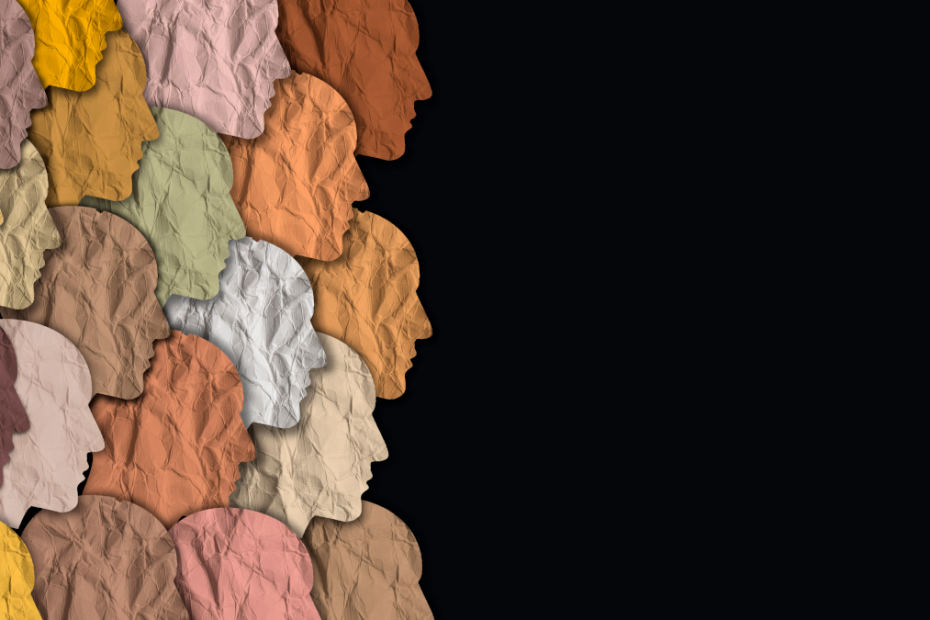Each year on March 21 we observe the International Day for the Elimination of Racial Discrimination (IDERD).
On this date in 1960, police opened fire and killed 69 people at a peaceful demonstration against apartheid in Sharpeville, South Africa.
63 years later, Pope Francis spoke at his General Audience about the protests in the United States following the murder of George Floyd by police officers, saying we cannot claim to defend the sacredness of every human life while turning a blind eye to racism and exclusion.
While the horrors of Apartheid may have been dismantled by the time of the Popes remarks, racism remains a prevalent problem today. Legally enshrined forms of racism, such as Jim Crow Laws and the White Australia policy may be consigned to history books, but the damage still remains, and an inability to grapple with the truths of racial discrimination only deepens its impacts
In Australia, we may know IDERD instead as Harmony Day, a rebranding that rather than encourage solidarity with those suffering from racial discrimination, instead presupposed the success of multiculturalism and called for celebration. While perhaps a positive message, the framing of harmony day as a celebration may in fact be discouraging ongoing conversations about race and racism in Australia.
Too often, descendants of colonisers here in Australia struggle to recognise the impacts of generational trauma on First Nations peoples, and to see the systemic barriers that still plague victims of racism. Attempts to obscure these issues serve only to entrench injustice.
To support honest and open conversations on racism in modern Australia, the Australian Human Rights Commission (AHRC) has launch their campaign “Racism: It Stops with Me”. Included as part of the campaign is a selection of questions to help begin conversations about racism with colleagues family, or friends: https://itstopswithme.humanrights.gov.au/about-the-campaign/question-and-context
